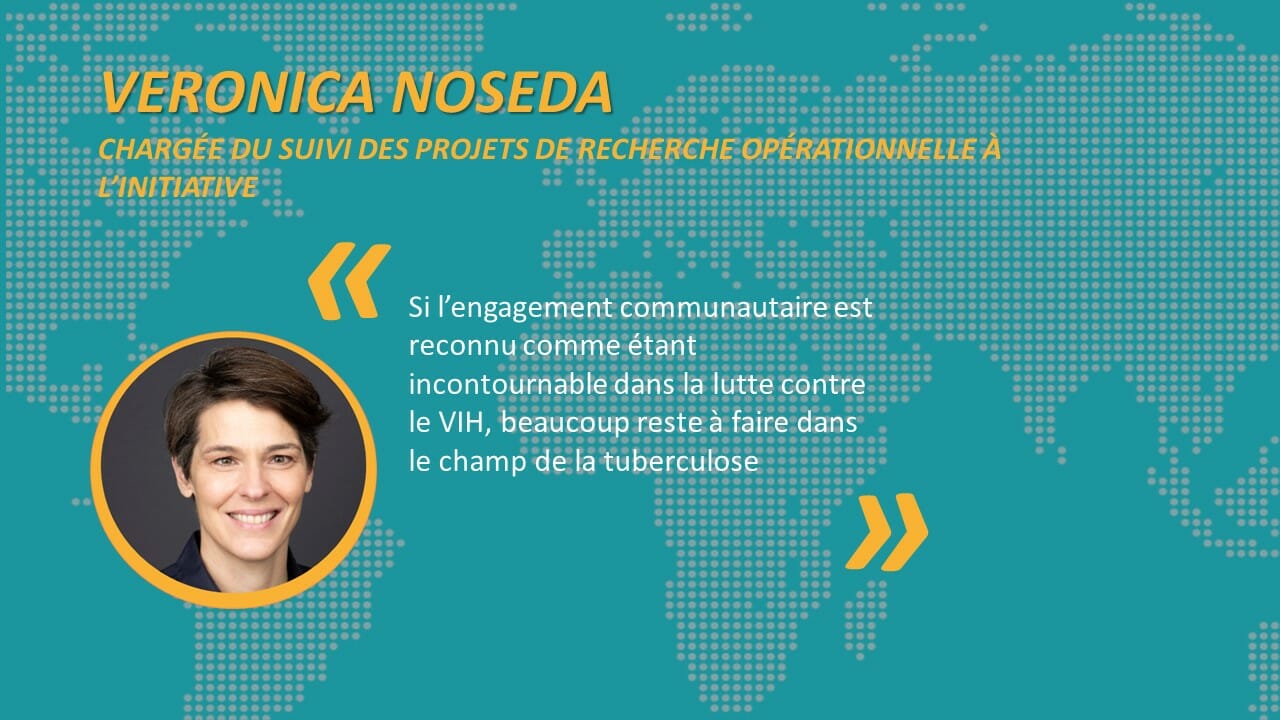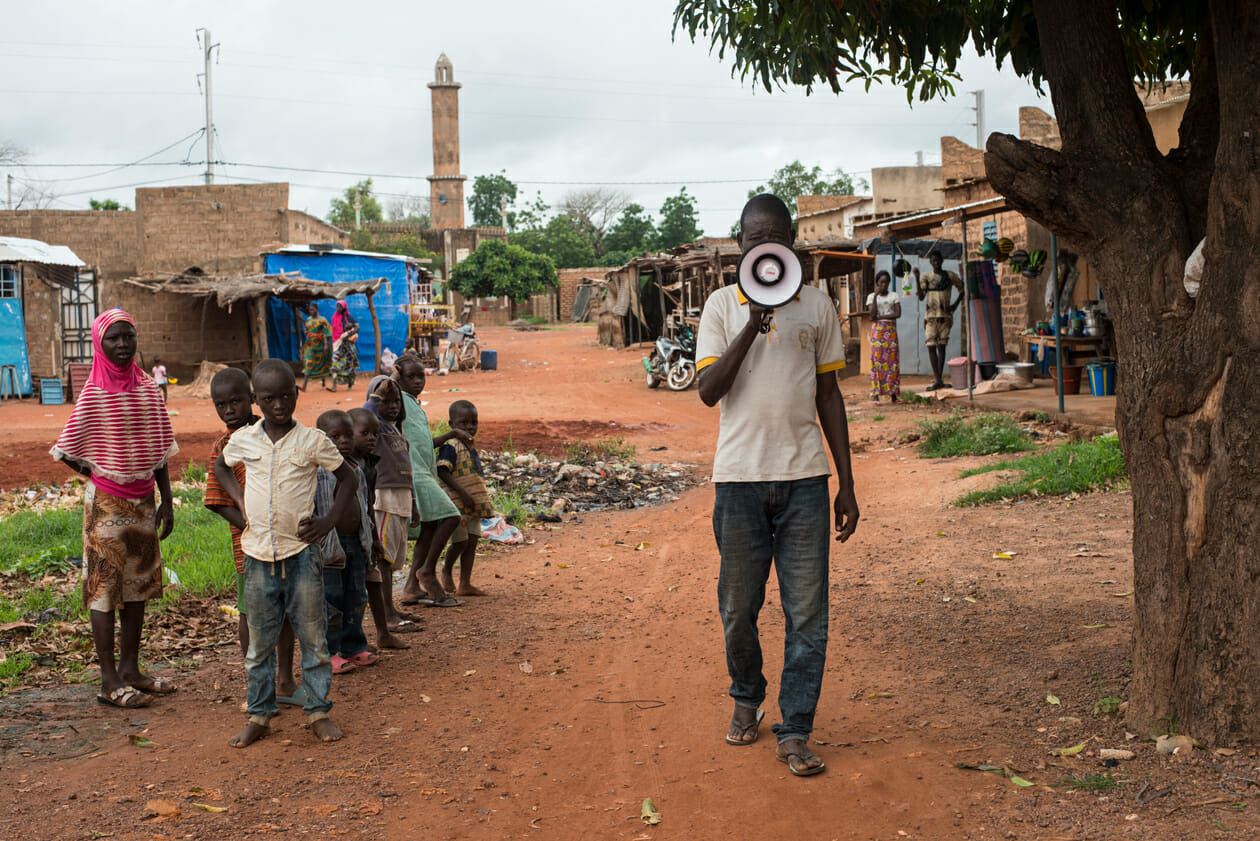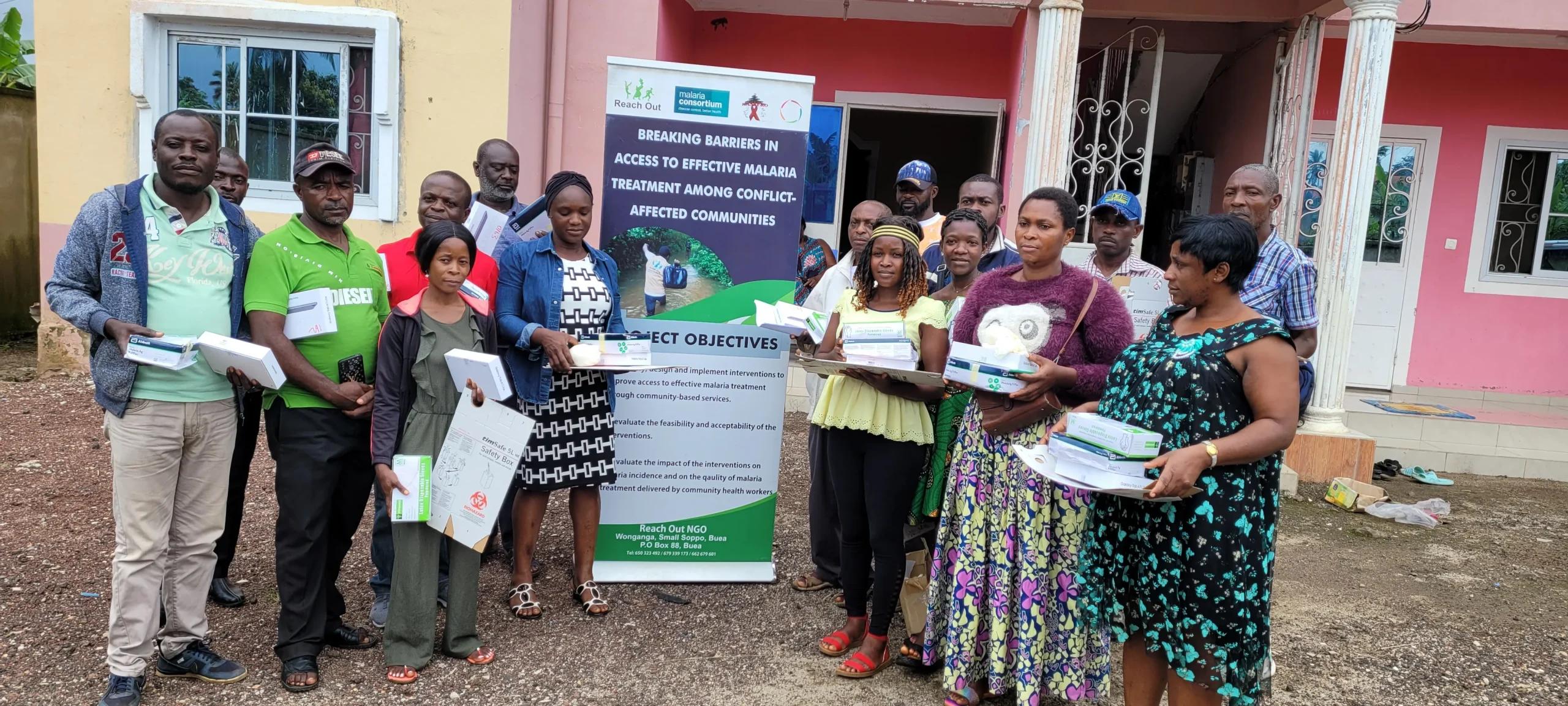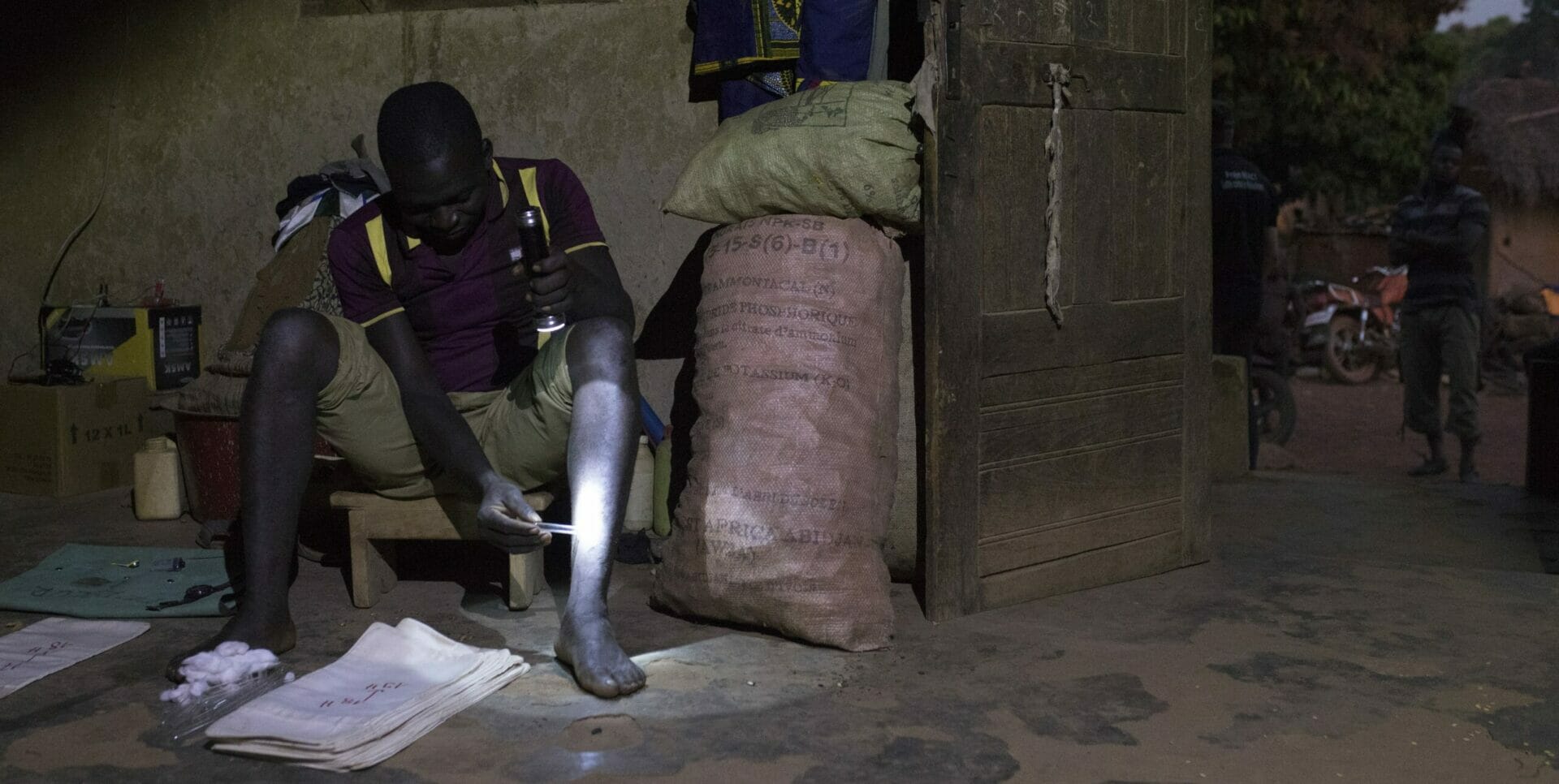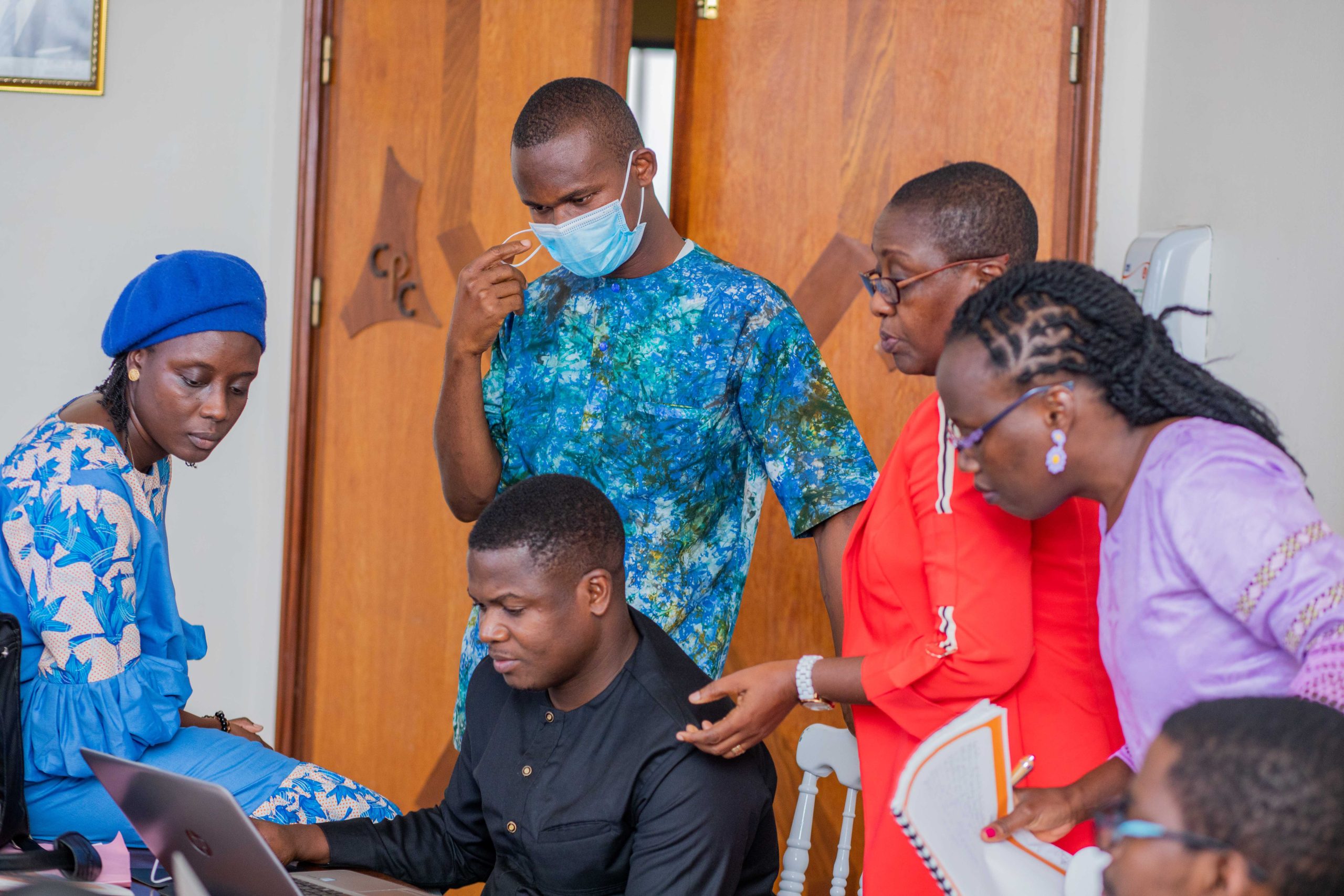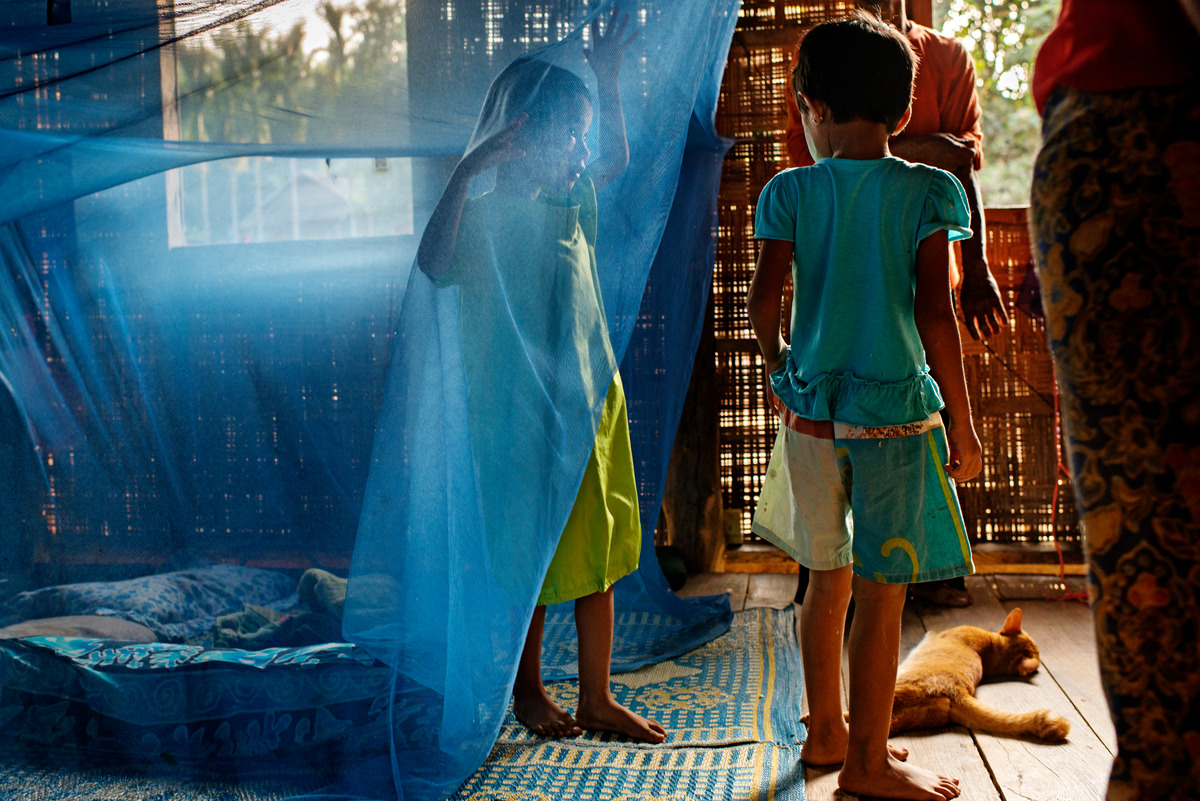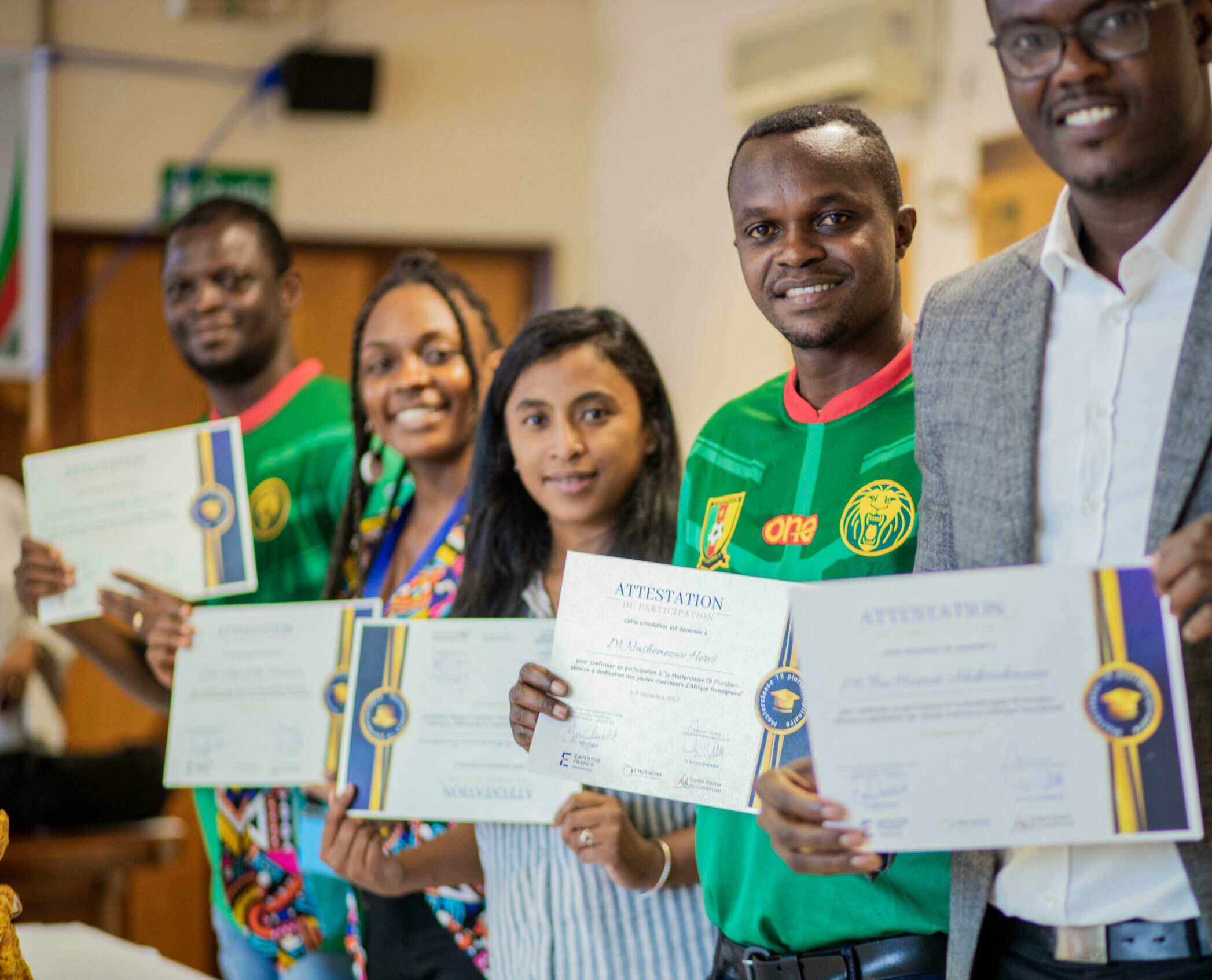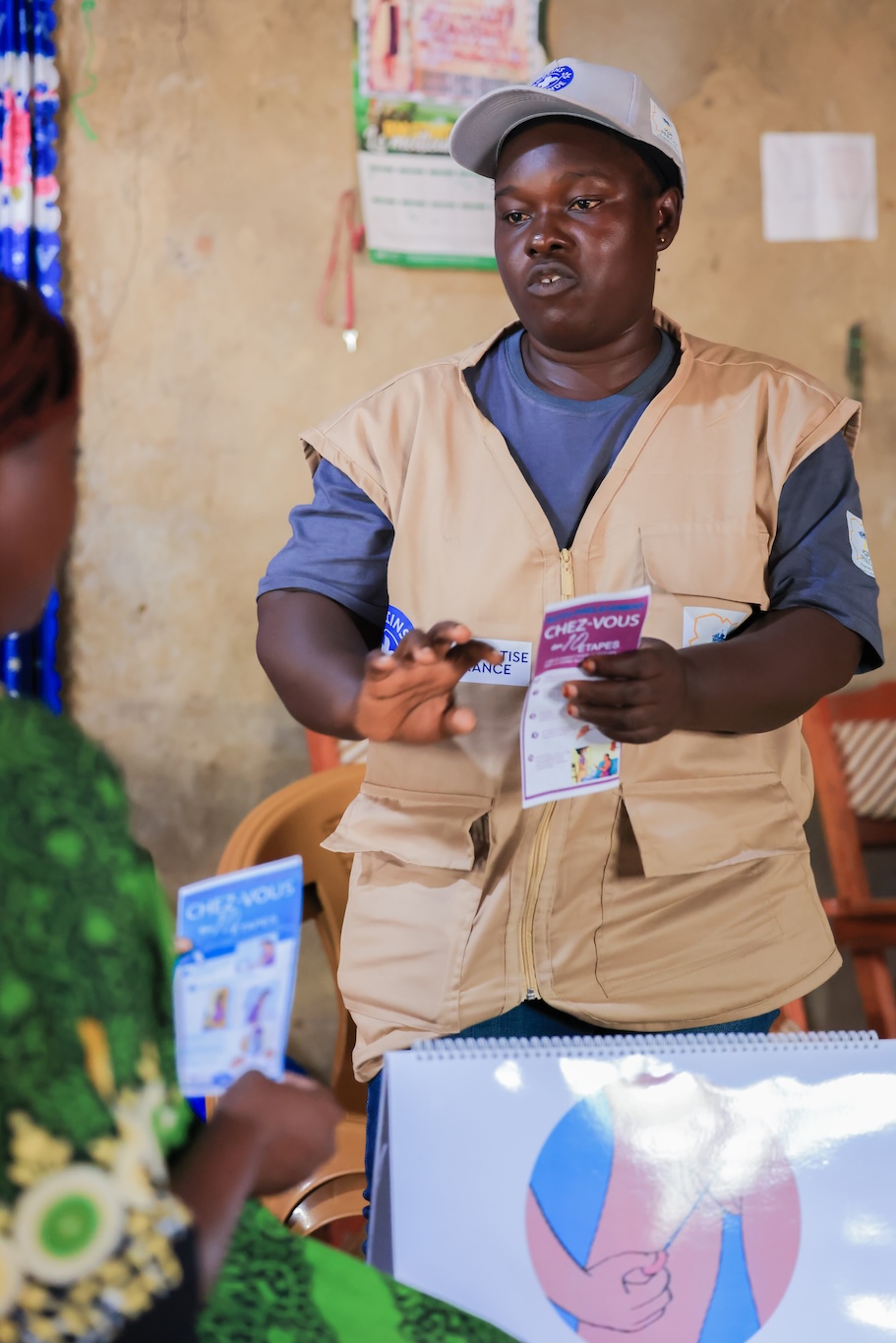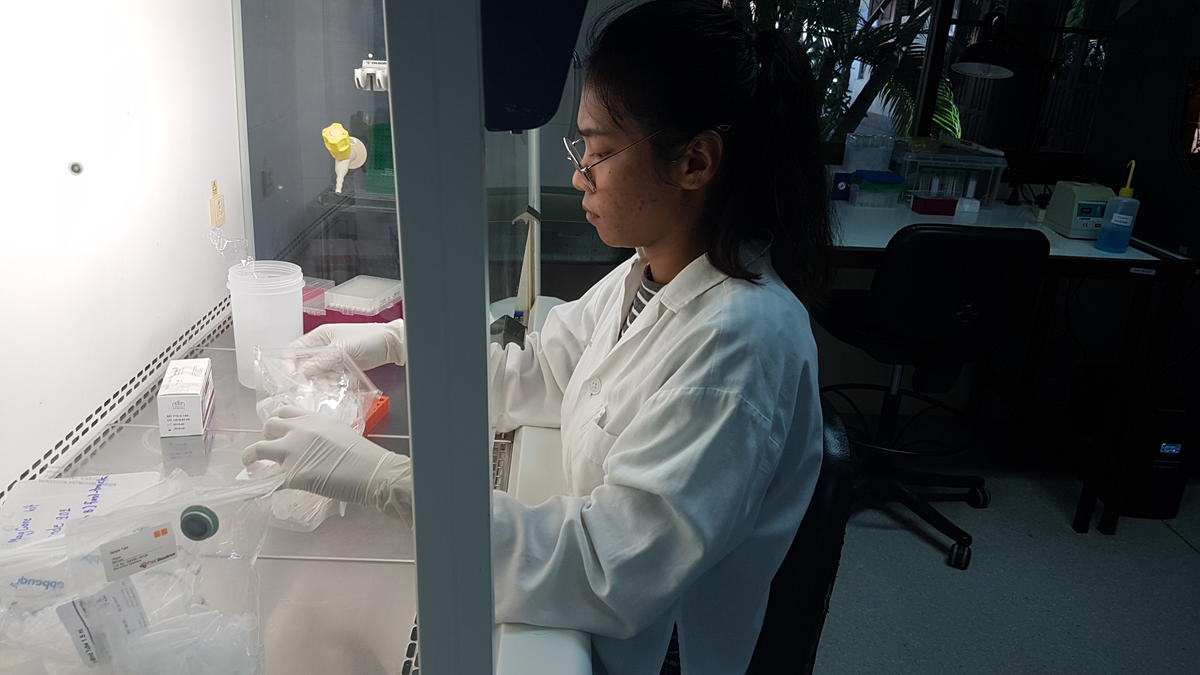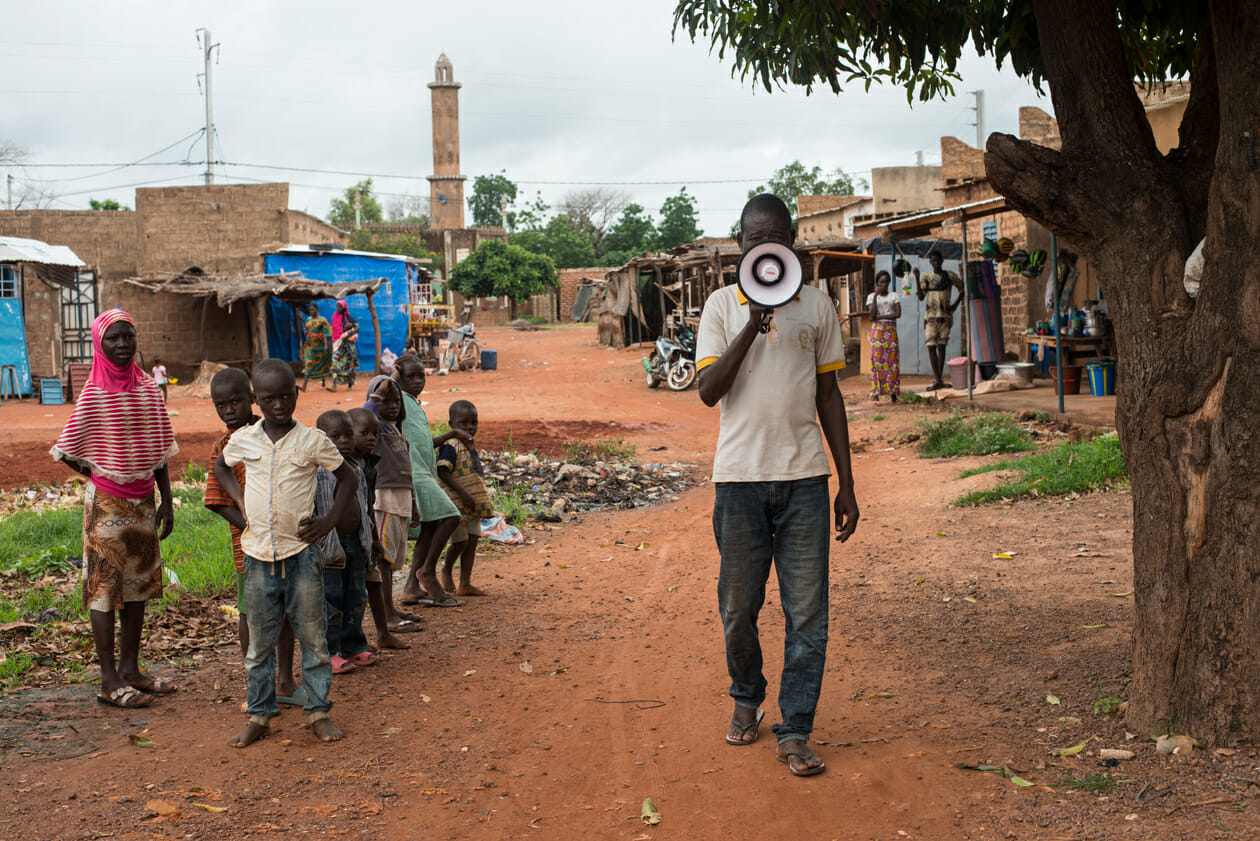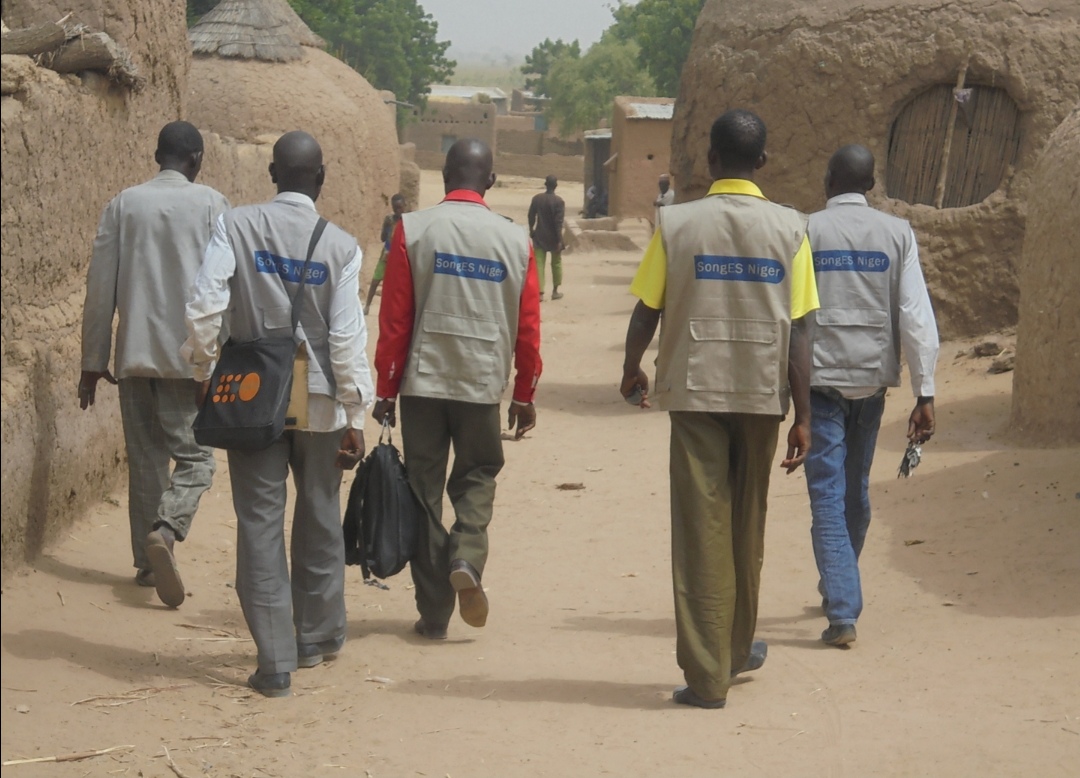TOWARDS A TB FREE WORLD
With its 2021 call for proposals, L’Initiative has chosen to support operational research that can improve the prevention and management of tuberculosis among the most vulnerable populations. Veronica Noseda, in charge of monitoring these projects, shares her vision of L’Initiative’s role in the fight against tuberculosis.
Twelve months of health crisis linked to the Covid-19 epidemic have wiped out twelve years of progress in the global fight against tuberculosis . This is the damning assessment drawn up by the Stop TB Partnership, which highlights a drastic 20% drop in the number of diagnoses and treatments in the nine countries most affected by tuberculosis, due to a lower use of prevention and care by the most exposed groups.
These groups include people living with HIV, people in close contact with patients (including children, for whom diagnosis difficulties remain major), but also people who live in overcrowded and poorly ventilated housing, such as prisoners, shanty town dwellers, mine workers or populations subject to mass population movements. Because, today as yesterday, tuberculosis remains a “disease of poverty”, as it is strongly influenced by economic and social factors as well as biological ones.
This is why L’Initiative has decided to launch a call for projects in 2021 to finance operational research aimed at meeting the needs of vulnerable populations while involving them in the response . It is therefore not only a question of evaluating innovative prevention, diagnosis and care strategies aimed specifically at the most exposed groups, but also of promoting their experiences and skills in the implementation of these same strategies. Indeed, if community engagement is recognized as essential in the fight against HIV, much remains to be done in the field of tuberculosis.
The call for projects is structured around three priority axes:
- Improving the use of diagnosis and treatment among hard-to-reach populations;
- Promoting education and support strategies for vulnerable populations to find missing cases, and improving “tracing” strategies for those lost to treatment. These strategies should take into account the high level of stigma that these groups may face and their potential difficulty in accessing health services;
- Improving the management of latent tuberculosis infection (LTBI) in vulnerable populations, including household contacts (children and adults), people living with HIV, other at-risk groups such as prisoners, health workers, migrants from high-incidence countries, homeless people and drug users.
This is the second time in four years of existence that the “operational research” call for projects of L’Initiative has chosen tuberculosis as the main theme of the call. This marks Expertise France’s desire to contribute to accelerating the movement towards a possible eradication of this disease.
Tuberculosis has been known since antiquity, the first vaccine (BCG) was developed at the beginning of the 20th century. And yet, we have still not managed to eliminate this very deadly pandemic. Worse, progress in the fight against the disease has sometimes stagnated, if we think in particular of the treatments, which remain partly old, long and restrictive. Today, the field of tuberculosis is experiencing an exciting revival, with in particular the development of shorter therapeutic regimens (whether in the context of the treatment of multi-resistant strains, but also for what concerns the preventive treatments of latent tuberculosis) and significant advances in the field of diagnosis : now, thanks in particular to rapid molecular tests, which are more sensitive than microscopic examination of smears, the diagnosis of tuberculosis can be faster and more reliable, while remaining technically feasible even in contexts far from reference laboratories. In addition, several tools are being studied to facilitate diagnosis in children (particularly by focusing on molecular analyses from stool samples or nasopharyngeal aspirates, which overcome the difficulty of obtaining sputum from children), which will ultimately speed up their care and drastically reduce mortality in this particularly vulnerable group.
All these advances, however, risk remaining a dead letter if they are not implemented within the framework of public health strategies adapted to local contexts, whether in terms of epidemiological characteristics, but also of the capacities of the different health systems. This is where operational research can make a difference, for example by evaluating strategies integrating new tools that encourage better training and use of human resources in health or increased participation of communities in order to bring patients closer to health systems.
A world without tuberculosis is possible, and The Initiative intends to contribute to it. Now more than ever, it is time to invest in operational research and implementation programs so that the progress being made can express its full potential in favor of better health and quality of life for patients and so that decades of work are not wiped out by the current health crisis.
While community engagement is recognized as essential in the fight against HIV, much remains to be done in the field of tuberculosis
